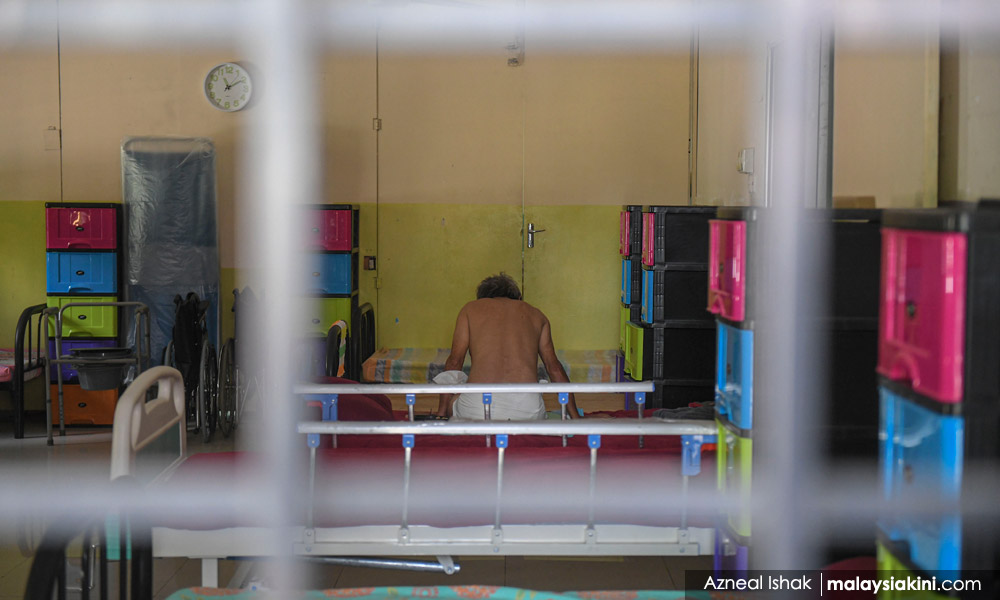LETTER | Let’s ditch our narrow view of dementia
LETTER | I suspect that we’ve all been there, bad dates where we can’t bear to make it through dinner and have to come out with creative excuses to get the hell out.
I certainly had my share of dates gone really wrong and could not wait to escape. I was fortunate because I did manage to escape. I am sure none of you bat an eyelid.
Many did bat more than just eyelids when my friend wanted to escape from a similar uncomfortable experience. He felt that he was in prison as he had no friends and no meaningful activities.
He did not have the freedom to live his life as he pleases. He, like me, wanted to escape. The difference was he could not. He is living with dementia.
What are you to make of a place where people expect you to join in activities that are bizarre as it is not your usual occupation?
How many of us will be okay with strangers being involved with the most personal of acts with us, like being stark naked with them and being touched in the most intimate areas and then getting into bed at night and sleeping without disturbance?

While this is unthinkable to us yet, why do we expect it to be okay for them, just because they have dementia?
The traditional paradigm of treating people living with dementia is characterised by the management of “challenging behaviours” through control, containment and pharmacology.
Very few people with dementia can manage entirely on their own; but to be brutally honest though, none of us can.
We, human beings are all part of couples, families and friendship groups, which are interdependent. It will require us, collectively, to reevaluate what makes us human.
Dementia forces us to make a choice. Confronted with someone who perceives the world differently than us, who cannot conceptualise a range of options or contribute to the productivity of material society, we are forced to decide whether we will accept them as a person or not.
If the answer is yes, then perhaps it is time to admit that we have been working with a narrow, impoverished view of personhood.
A view that privileges the rights and interests of thinking, and choosing consumers while marginalising those living with dementia. A view that reflects that those living with dementia do not fit into our understanding of what a human should be.
Perhaps, it is from this narrow view that a person with dementia can only be understood as a “burden” on society. Worldwide, it has been estimated that there will be over 80 million people living with dementia by 2040 (Prince and Jackson 2013).
Will these 80 million human beings be merely burdens?
Dr Cecilia Chan is a gerontologist, dementia advocate and activist.
The views expressed here are those of the author/contributor and do not necessarily represent the views of Malaysiakini.
RM12.50 / month
- Unlimited access to award-winning journalism
- Comment and share your opinions on all our articles
- Gift interesting stories to your friends
- Tax deductable
